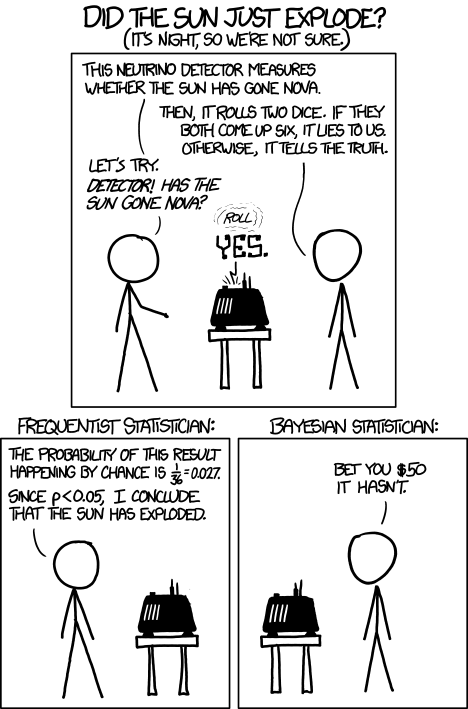ygolo
My termites win
- Joined
- Aug 6, 2007
- Messages
- 5,996
Does the Five Factor Model implicitly or explicitly define a "good" personality?
My reading of the literature so far seems like there is an inherently normative language used even in academic research. That is language that makes clear that certain traits are more desirable than others.
For instance, the Big Five asserts:
1) Being Extroverted is better than being introverted. An introvert is a lesser being.
2) Being Agreeable is better than being disagreeable. The disagreeable are lesser beings.
3) Being Conscientious is better than being not conscientious. Those that aren't conscientious are lesser beings.
4) Being calm is better than being Neurotic. Those who are Neurotic are lesser beings.
5) Being Open is better than not being open. Those who are not open are lesser beings.
I don't think it should come as a surprise that academic researchers who study personality are Extroverted, Agreeable, Conscientious, calm and Open. Self-serving is part of human nature after all.
So what do you think, does the Five Factor model inherently define a "good" personality?
Clarification: I am asking if you think the Five Factor model is inherently biased.
My reading of the literature so far seems like there is an inherently normative language used even in academic research. That is language that makes clear that certain traits are more desirable than others.
For instance, the Big Five asserts:
1) Being Extroverted is better than being introverted. An introvert is a lesser being.
2) Being Agreeable is better than being disagreeable. The disagreeable are lesser beings.
3) Being Conscientious is better than being not conscientious. Those that aren't conscientious are lesser beings.
4) Being calm is better than being Neurotic. Those who are Neurotic are lesser beings.
5) Being Open is better than not being open. Those who are not open are lesser beings.
I don't think it should come as a surprise that academic researchers who study personality are Extroverted, Agreeable, Conscientious, calm and Open. Self-serving is part of human nature after all.
So what do you think, does the Five Factor model inherently define a "good" personality?
Clarification: I am asking if you think the Five Factor model is inherently biased.

